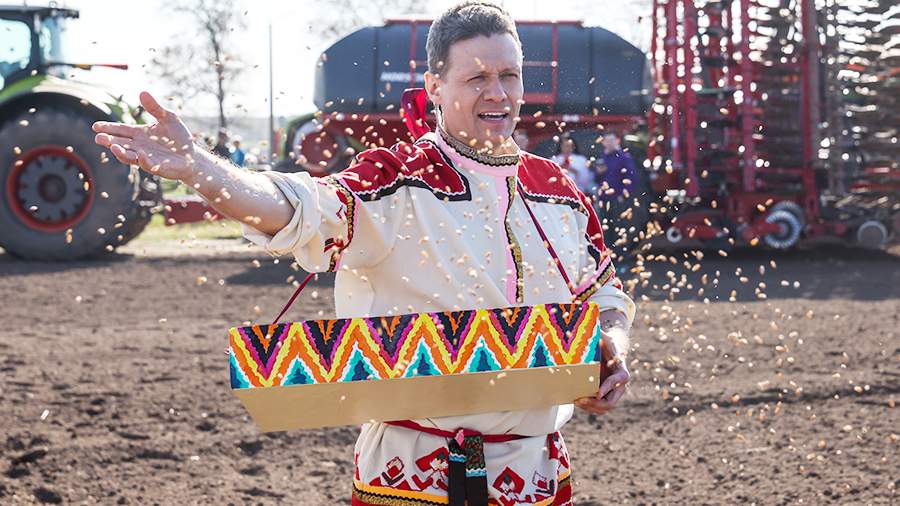A special holiday on May 23rd is Simon's Day: folk signs, what not to do

On May 23, the Church honors the memory of the Apostle Simon the Canaanite, one of the 12 disciples and followers of Jesus Christ. In the folk tradition, the holiday is known as Simon's Day, or Simon Sowing, as peasants usually sowed fields on this day. Izvestia tells us what traditions and omens are associated with the national celebration.
What is the holiday on May 23rd?
Saint Simon lived in Cana of Galilee in the 1st century. Before serving the Lord, he was a fisherman. Later, together with other apostles, he accepted the gift of the Holy Spirit and zealously followed the Jewish law. For this, he was nicknamed Simon the Zealot, which means "zealot" in Greek.
The apostle was a close associate of Christ. It was in his house that the first of the famous miracles took place — the transformation of water into wine by the Savior. Simon was so amazed by the miracle that he decided to leave the house and follow the Teacher.
Information about the apostle is contained in several chapters of the Gospel, as well as in the Acts of the Apostles. It is known that he preached in Judea, Egypt, Libya and was martyred in Persia, according to another version — in Abkhazia, where St. Simon's Memorial Day is one of the main church holidays.
In Russia, this day coincided with an even more ancient celebration — the name day of the Mother of the Raw Earth. In the villages, peasants reverently revered the land as their breadwinner and performed various rituals, hoping for a bountiful harvest.
Simon's Day in 2025 — traditions and omens
On a holiday, it was forbidden to work in the field with a plow, so as not to harm the land. It was only possible to sow wheat and other cereal crops. It was considered a good tradition to walk barefoot in the meadow. Our ancestors believed that in this way it is possible to gain life-giving energy from the earth and be cured of many diseases.
Peasants also went to the forest on Simon to collect medicinal herbs and roots. Before that, it was necessary to wash and put on clean clothes. The plants were plucked through towels or thin shawls, thereby paying homage to Mother Earth for her natural resources.
The villages were specially waiting for this date to harvest herbs. According to popular beliefs, plants on the holiday had special healing properties. Medicinal decoctions and potions were prepared from them, which were used throughout the year.
What can and cannot be done on Simon's Day
On St. Simon's Memorial Day, one should not quarrel, swear, or refuse to help those in need. In addition, laziness and idle time are not allowed. You can spend the day doing household chores or working in the garden.
In order to attract prosperity, in the old days it was customary to put a couple of coins or a bill in a purse. Keeping the wallet empty was considered a bad omen, otherwise the luck would leave the owner. It is also a good day to search for treasures, because on a holiday, as our ancestors believed, the earth is especially generous to man and is ready to open its depths full of treasures to him.
Earlier, Izvestia reported on the national celebration of Ivan the Long, which is celebrated on the day of veneration of the apostle and Evangelist John the Theologian.
Переведено сервисом «Яндекс Переводчик»


